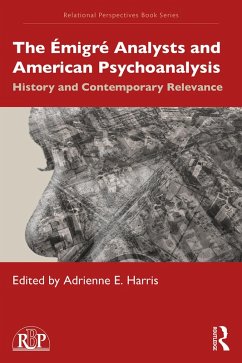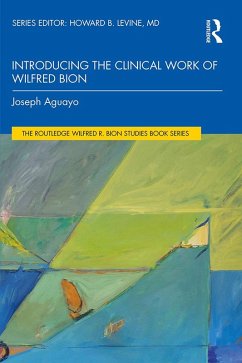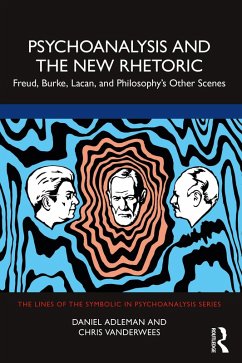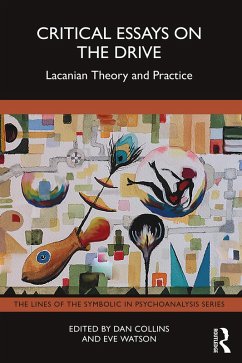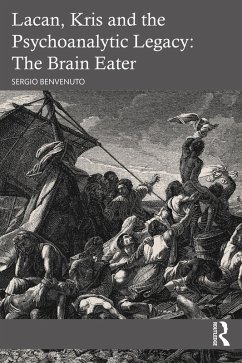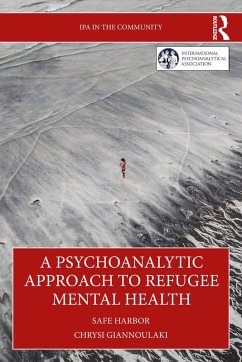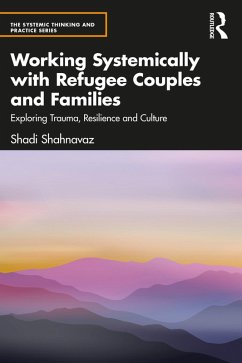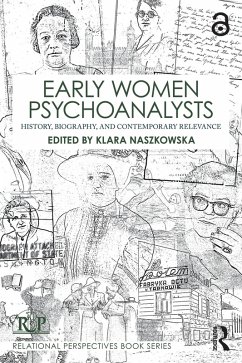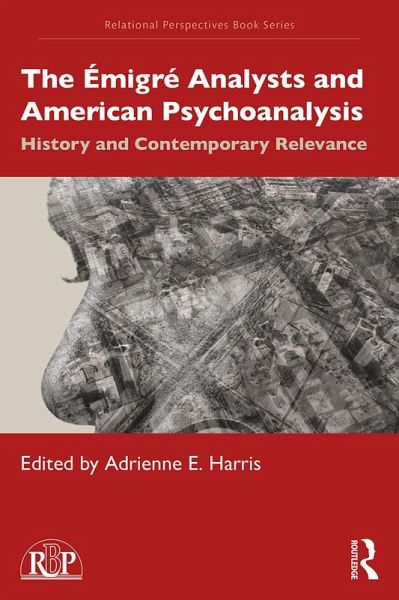
The Émigré Analysts and American Psychoanalysis (eBook, PDF)
History and Contemporary Relevance
Redaktion: Harris, Adrienne E.

PAYBACK Punkte
15 °P sammeln!
This book explores the impact of migration, including its causes, upon the key ideas and directions of psychoanalytic theory and practice from the twentieth century until today.Having originated with a conference called "Émigré Analysts," developed through the Sandor Ferenczi Center at the New School for Social Research, this collection encompasses a wide array of often personal insights into the historical effects of exile and migration upon psychoanalysis. Divided into three sections, the book first attends to the political crises that affected the exile of psychoanalysts after the Second ...
This book explores the impact of migration, including its causes, upon the key ideas and directions of psychoanalytic theory and practice from the twentieth century until today.
Having originated with a conference called "Émigré Analysts," developed through the Sandor Ferenczi Center at the New School for Social Research, this collection encompasses a wide array of often personal insights into the historical effects of exile and migration upon psychoanalysis. Divided into three sections, the book first attends to the political crises that affected the exile of psychoanalysts after the Second World War, tracing their journeys from Eastern Europe to the United States; secondly, the rise of antisemitism and the impact of the Holocaust upon these analysts is closely examined; and finally, this book attends to the protection and safety of analysts forced into exile in our contemporary moment with reference to the work being done by existing national and international psychoanalytic institutions.
As an engaging and thoroughly detailed account of the influence of exile upon American psychoanalysis, this book will be of as much interest to scholars of history and twentieth-century culture as to psychoanalysts and psychoanalytic psychotherapists in training and in practice.
Having originated with a conference called "Émigré Analysts," developed through the Sandor Ferenczi Center at the New School for Social Research, this collection encompasses a wide array of often personal insights into the historical effects of exile and migration upon psychoanalysis. Divided into three sections, the book first attends to the political crises that affected the exile of psychoanalysts after the Second World War, tracing their journeys from Eastern Europe to the United States; secondly, the rise of antisemitism and the impact of the Holocaust upon these analysts is closely examined; and finally, this book attends to the protection and safety of analysts forced into exile in our contemporary moment with reference to the work being done by existing national and international psychoanalytic institutions.
As an engaging and thoroughly detailed account of the influence of exile upon American psychoanalysis, this book will be of as much interest to scholars of history and twentieth-century culture as to psychoanalysts and psychoanalytic psychotherapists in training and in practice.
Dieser Download kann aus rechtlichen Gründen nur mit Rechnungsadresse in A, B, BG, CY, CZ, D, DK, EW, E, FIN, F, GR, HR, H, IRL, I, LT, L, LR, M, NL, PL, P, R, S, SLO, SK ausgeliefert werden.




